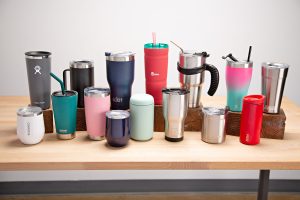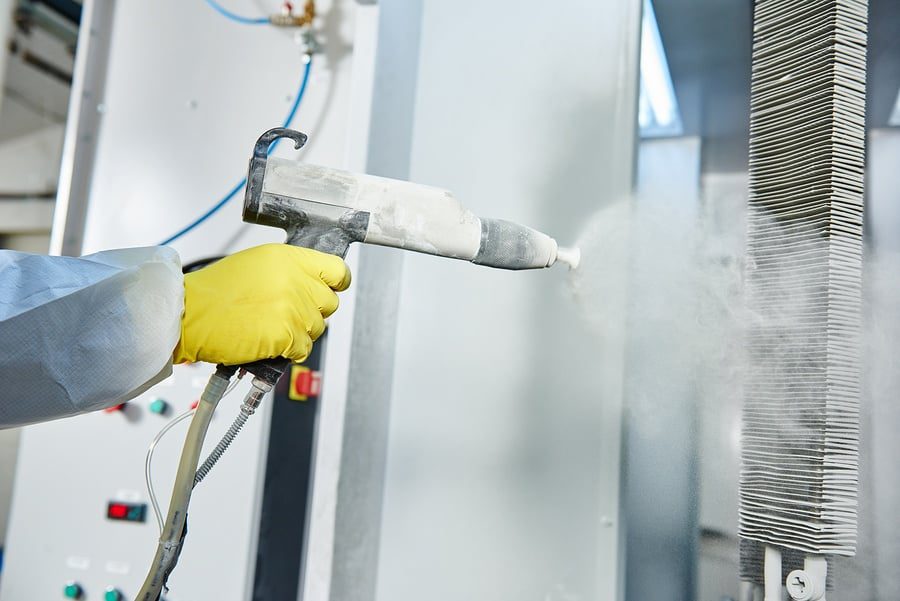The Production Process of PP Reusable Grocery Bags
The Production Process of PP Reusable Grocery BagsGlobal warming, the exhaustion of earth’s natural resources…
The Production Process of PP Reusable Grocery Bags
 Global warming, the exhaustion of earth’s natural resources and the need for economically viable options are all motivating factors behind the shift to reusable grocery bags. They are used by many store owners as well as consumers because of their low cost and remarkable quality. Understanding their production process is a key way to ascertain whether this claim has sound basis.
Global warming, the exhaustion of earth’s natural resources and the need for economically viable options are all motivating factors behind the shift to reusable grocery bags. They are used by many store owners as well as consumers because of their low cost and remarkable quality. Understanding their production process is a key way to ascertain whether this claim has sound basis.
A reusable shopping bag manufacturer may use canvas, synthetic material or polypropylene (PP) as raw material. While each one of these materials comes with distinct advantages over the traditional plastic paper bag, they are not equally advantageous. Canvas and synthetic material consume many natural resources in their production. PP bags however are economical right from the get-go.
The raw material used for PP bags is Propylene gas. It is processed using heat in the presence of a catalyst. The result of this process is a highly tensile polymer that can function both as a plastic and as a fiber. The fact that its processing from raw form requires much lower temperature than that of regular plastic is the first aspect that makes it economical. Transforming the polymer into usable form is also a low-energy, low-cost process.
The resulting ‘fabric’ used may be woven or simply used as it is to produce beautiful reusable grocery bags. Some are custom-printed – like in the case of special orders – while others are just made for general use. The entire process involves emission of a higher amount of greenhouse gases than that of plastic bags. However, the cumulative effect makes a very significant difference.
Plastic bags have a much shorter lifespan. Their high wear and tear makes it common for people to dispose of them after just a single use. This means that their manufacturing process has to be repeated many times to ensure sufficient supply of shopping bags. Additionally, even though the ones disposed of can be recycled, the cost involved is by no means justifiable.
The reusable grocery bags are however capable of handling a lot more pressure and have an average lifespan of up to 3 years. This makes it a one-time procedure implying a lot less pollution. In view of this, it would be safe to conclude that the PP reusable bags are the most environmentally friendly options currently available in the market. They come in a number of attractive options and are readily obtainable at wholesale shopping bag stores. One can also place an order straight from a reusable shopping bag manufacturer for custom bags and large orders.







